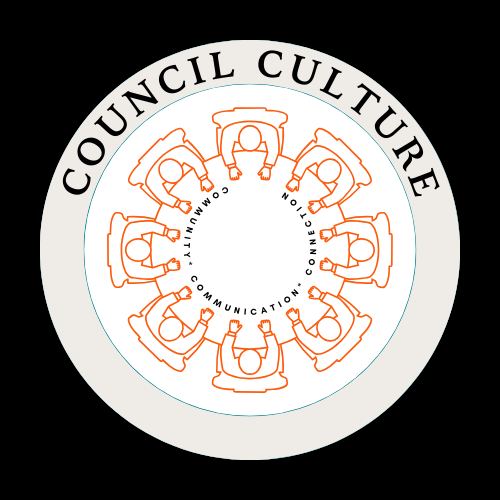Why People Become Challenging – And What You Can Do About It
By Becky Walsh | Leadership and Communications Trainer
The people we label as "challenging" are often not being deliberate in their actions. They can be acting from deep, unconscious patterns that have little to do with the matter at hand. Often, the behaviour comes from unresolved dynamics (feelings), both personal and systemic.
It's Not Always About Them - It's About the Environment
We often isolate the issue to "that one person," but the reality is that dysfunction is rarely an individual. Councils, like all groups, develop their own culture. And when that culture becomes anxious or unsafe, it breeds behaviours that are defensive, aggressive, or withdrawn.
The psychologist Wilfred Bion coined a term for this: basic assumption mentality. Instead of being grounded in shared goals and open communication, groups default to emotional survival. People stop working as a team and start acting out unconscious roles based on hidden needs. When that happens, we get:
Dependency: "Someone else should fix this."
Fight or Flight: Aggression, blame, or avoidance.
Pairing: Factions, secret meetings, and whisper networks.
Why Do People Really Become Difficult?
Let’s get to the heart of it. Most challenging behaviours stem from past experiences - childhood wounds, workplace trauma, personal insecurities. When someone doesn’t feel seen, safe, or valued, they try to take back control in the only ways they know how: by dominating, withdrawing, gossiping, or undermining.
Sometimes, we don’t even notice we’re doing it. That councillor pushing for dog poo bins in every corner of the park might not be about waste management. It might be about feeling unacknowledged. It might be about proving themselves.
People are not always rational—but they are always driven by something.
What You Can Do
Let’s be practical. You can’t control other people. You can’t undo their childhoods or make them read self-help books! But you can influence the culture and your own responses. Here’s how:
Name the shared purpose: Councils need strategies, yes, but they also need a set of values within those strategies. What do you stand for? What are you here to achieve together?
Make community engagement a non-negotiable: Councillors who claim to "know what the community wants" without asking are more likely to cause conflict. Regular engagement builds transparency and trust.
Ask questions instead of giving commands: Questions are empowering. They open dialogue. Statements shut it down.
Be aware of your own scripts and triggers: What makes you feel unsafe, ignored, or angry? Know your patterns so you can choose not to repeat them.
Have compassion (without being a doormat): Most people are doing the best they can at the level of dis-ease they feel. Compassion doesn't mean tolerating abuse—it means seeing the hurt underneath the hostility.
If there’s willingness—however small—there’s hope.
Because people aren’t problems to solve. They’re puzzles to understand. And councils, like communities, can be rebuilt. One honest conversation at a time.
